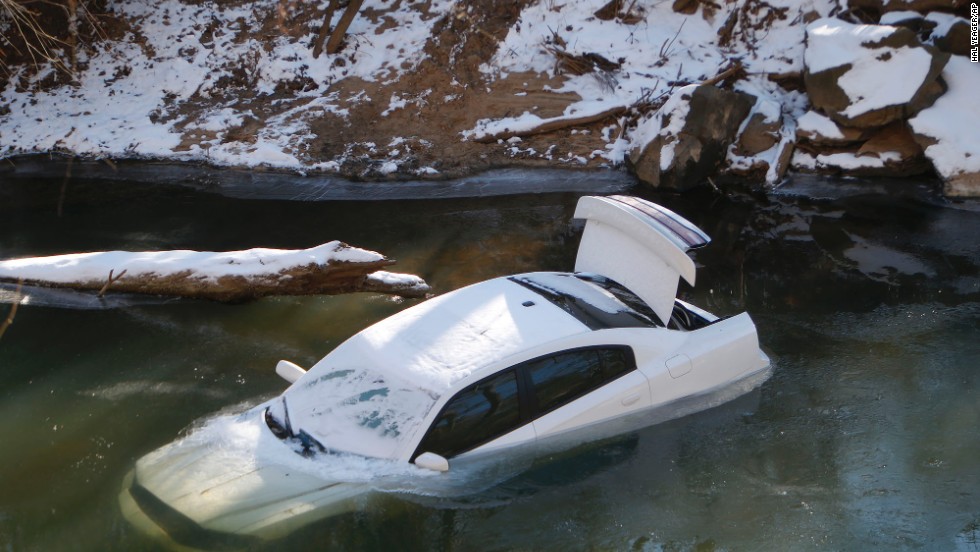 |
| This is what usually happens when there are snowflakes in the ground around here |
But while winters are great (other than it being pitch black before 5:00pm, summers are absolutely miserable. Yeah, it gets into the 80s or 90s or whatever in Colorado but with a dew points usually in the 40s, that's actually not bad weather all. So quit your whining, hippies.

Once we hit July, dew points (the real measure of humidity) rarely dip below 70, with anything over 65 meaning your feet will be waterlogged with sweat if you try anything remotely fast. But if you are one of the foolish ones who train for an October or earlier marathon, you need to spend the summer months training hard and priming that motor for the marathon-specific work to come.
Granted, I'm just a P.E. teacher but here are my "hot" tips to somewhat suffer less in the summer. Some of my stuff comes from research articles I've read, while most of it comes from my actual, real-world experience. And others, I could be just making up.
- A little bit of dehydration isn't bad. By training in a slightly dehydrated state, your body makes the necessary adaptations (increased blood plasma, more effective cooling, etc.) to tolerate the heat better. Just like people who frequently take in calories and "fuel" on long runs hurt their body's ability to have a more efficient marathon metabolism, people who guzzle way too much water on runs hurt their body's ability to better tolerate running in hot weather. I've frequently seen an article referenced by Alex Hutchison that goes into detail about this. If you're less lazy than me, you can look it up.
- If you're worried about performance, head out the door before sunrise or lace the shoes up after it's dark. I've experimented with a bunch of different times and it always feels much better when the sun isn't up (probably common sense). So for me, that means a lot of track workouts. They are more boring, but I'd rather be bored than miserable. Usually the temperature is higher at night than the early morning, but temperature is taken in the shade, so you can add 10-15 degrees if you're pounding away on the shadeless pavement. And at night, you don't have the sun beating down on you, which seems to be an issue once you hit 8:00am around here.

- I've seen running adjustments calculators and conversion tables and stuff but while they can be a good guide, I've learned that everyone responds differently and they don't always take all the weather factors into consideration. If you're doing hard workouts, take note of the conditions (time of day, cloud cover, temperature, dew point, etc.) Over time, you'll be able to see how different conditions affect you and then you can modify your own individual times/paces. We are all an experiment of one, anyway.

- Make workouts more progressive in nature. In good weather, your fatigue is very gradual in nature and if you go a little bit overboard, you can usually recover if you back off. In the heat, once you start to die, it's all downhill. If your goal workout is to run a four mile tempo at 6:00 in ideal conditions, and you decide to add 10s a mile because of the conditions, start at 6:15 or slower. Once you get down to 6:10, you can either hang out there or speed it up some. Just like in the marathon, going out slower sets you up for a better performance than going out too hard and dying or having to stop. If you try to run your marathon pace for a marathon workout in the heat, you're more likely to actually be running half-marathon effort, which is a totally different stimulus.

- Throw in a little bit of extra rest if you're running intervals. Recovering in hot conditions doesn't happen as quickly as recovering in more ideal ones. So there's nothing wrong with breaking that four mile tempo run into a 4x1mile segment with 60s rest. And if you're doing intervals, feel free to add an extra 30 seconds of rest during your recovery. In most workouts, the goal is the intensity during the fast portion and if you're too worn out to hit that, then what's the point of the workout?

- Get more sleep. As already mentioned many times, running in the heat is more tiring, so you need more rest so you can recover and suffer in the outdoor steam room the next day.

- Toughen up. Until it gets cooler, the heat isn't going anywhere. If you want to accomplish your fall racing goals, you need to put in the work over the summer. Yeah, it sucks but the heat won't go anywhere for a while. Don't hate the player, hate the game.

No comments:
Post a Comment